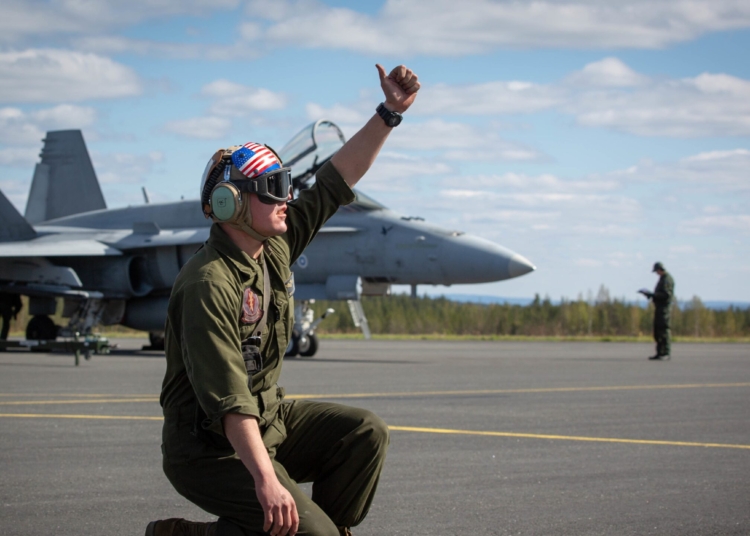Counterterrorism is a complex task that requires a comprehensive approach to combat terrorism effectively. Military experts play a crucial role in developing strategies and tactics to address the evolving threat of terrorism. In this article, we will analyze some of the key challenges in counterterrorism as identified by military experts, including the identification of threats, lack of resources, coordination with other agencies, balancing security and civil liberties, adapting to new threats, and winning hearts and minds. By addressing these challenges, military experts can work towards a safer and more secure world for all.
Challenges in Counterterrorism: Analysis from Military Experts
Counterterrorism is a complex and multifaceted task that requires a comprehensive approach in order to effectively combat terrorism. Military experts play a crucial role in developing strategies and tactics to address the evolving threat of terrorism. In this article, we will analyze some of the key challenges in counterterrorism as identified by military experts.
1. Identification of Threats
One of the biggest challenges in counterterrorism is the identification of threats. Terrorism is a constantly evolving phenomenon, with new groups and individuals emerging all the time. Military experts must constantly monitor and analyze the behavior of these groups in order to identify potential threats before they materialize into attacks.
2. Lack of Resources
Another major challenge in counterterrorism is the lack of resources. Military operations can be expensive and resource-intensive, and governments often struggle to allocate the necessary funding and manpower to effectively combat terrorism. Without adequate resources, military experts may find it difficult to carry out their operations successfully.
3. Coordination with Other Agencies
Effective counterterrorism requires close coordination between different agencies and organizations, including intelligence agencies, law enforcement, and the military. However, coordination between these agencies can be challenging, as each agency may have its own priorities and objectives. Military experts must work closely with other agencies to ensure that information is shared and coordinated effectively.
4. Balancing Security and Civil Liberties
Counterterrorism measures often involve a trade-off between security and civil liberties. Military experts must navigate this delicate balance, ensuring that they are able to protect their citizens from terrorist attacks without infringing on their rights and freedoms. This can be a difficult challenge, as the public may be wary of government surveillance and other security measures.
5. Adapting to New Threats
Terrorist groups are constantly evolving and adapting their tactics in response to counterterrorism efforts. Military experts must be able to adapt quickly to these new threats, developing innovative strategies and technologies to combat terrorism effectively. This requires a high level of flexibility and creativity on the part of military experts.
6. Winning Hearts and Minds
In addition to military tactics, counterterrorism also involves winning the hearts and minds of the people. Military experts must work to build trust and cooperation within communities, in order to prevent terrorism from taking root. This can be a challenging task, as communities may be distrustful of government and security forces.
Conclusion
Counterterrorism is a complex and challenging task that requires a comprehensive approach in order to be successful. Military experts play a crucial role in developing strategies and tactics to address the evolving threat of terrorism. By identifying and addressing the key challenges in counterterrorism, military experts can work towards a safer and more secure world for all.













